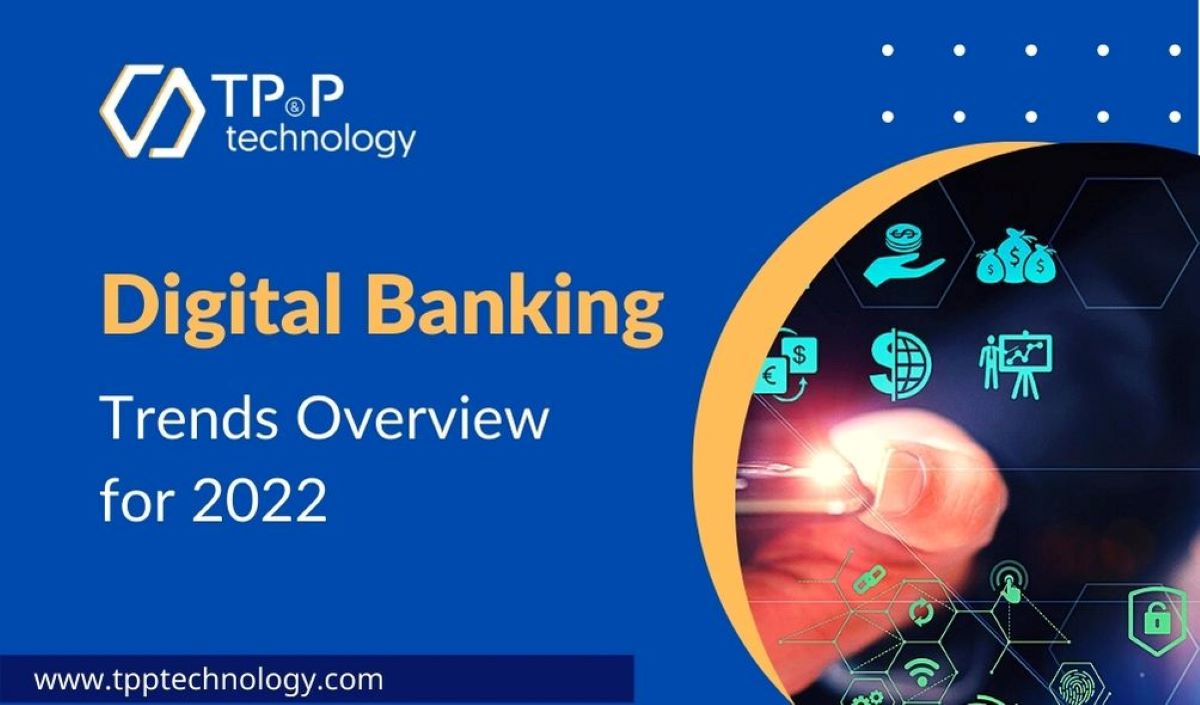
TOP 10 SOFTWARE OUTSOURCING ISSUES AND HOW TO ADDRESS THEM
In the past decade, the IT industry has witnessed the rise and fall of many technologies trends. However, one thing that remains unchanged is that the demand for software development skills seems to always maintain steadily.
Today, with the advent of emerging and innovative technologies such as Blockchain, AI, and data science, the software industry is experiencing a significant skill gap with business organizations finding it challenging to hire qualified software engineers.
This leads to the rise in demand for IT outsourcing services, with organizations choose to work with an offshore IT services provider.
Not only does offshore software outsourcing solve the challenges of helping businesses attaining IT expertise in a timely manner, if done right, it can also help to free up resources and allow businesses to focus on their core competencies.
Yet, with considerable benefits come outsourcing risks. Not all outsourcing endeavor succeeds, there are always potential issues which may occur and deter the process.
In this article, we will cover some of the common risks found in outsourcing and suggest recommendations based on experience to solve such challenges
IT OUTSOURCING CHALLENGES AND HOW TO OVERCOME THEM
Top 10 challenges of software outsourcing
#1 Finding a reliable IT outsourcing partner
For a successful outsourcing undertaking, the first and foremost key aspect is to choose the right outsourcing provider who can understand and provide the solutions that meet your unique business requirements.
To phrase it differently and in more detail, you should choose the vendor whose technical expertise and domain knowledge fit your project, and budget requirements, with a proven development methodology and transparency in the delivery process.
Obviously, in order to do so, the first and most important thing is to clearly identify project requirements as well as its goals and objectives. Understanding the metrics for success will help your business to establish the needed criterion for choosing the right outsourcing vendor.
#2 Outsourcing Process
The next challenge in IT outsourcing is to understand the process of outsourcing so that you can manage the project effectively. It’s important to establish realistic outsourcing goals for both the software company and the development team.
For example, you may need to consider the following aspects such as development methodology, timeline and milestones of achievement, product time-to-market, as well as post-Live support and/or maintenance.
A reliable outsourcing partner will be able to make it easier for you by providing guidance on each stage of the project. More specifically, they will work closely with your team to identify requirements, develop a thorough market research, and provide recommendations on technologies and specialists for your project.
Based on experience working on similar projects to yours, the potential vendor will share their particular domain knowledge that is applicable to your project and ensure the adoption of best practices in your project development.
#3 Outsourcing for Non-technical Entrepreneurs
For non-technical entrepreneurs, outsourcing might require you to spend a little more time and effort in researching and planning. For example, outsourcing of emerging technologies such as Machine Learning or Blockchain will differ from other popular technologies outsourcing.
Having an understanding of the difference in technology requirements for your project will allow you to choose the right vendor that can meet your particular business requirements.
Read more about:
Cross-platform App Development Outsourcing
AI & Machine Learning Development Outsourcing
Blockchain Development Outsourcing
Another important thing is to find a vendor with expertise in the area you plan to outsource. They need to have a proven record and portfolio. You can look for specific lists of companies with experience in a given field.
Generally speaking, not any vendor can offer all the expertise that clients may ask for. So, it’s critical that you find a vendor with the necessary technical skills and experience in the area needed for your project.
It’s best to ask beforehand and also look for the list of outsourcing companies with specific expertise in the technology you need via an IT business directory site such as Clutch, or Upfirms.com
In addition, depends on the project size, you should try to look for an outsourcing vendor that can be the right fit for your project size. Some vendors only take on projects of medium to large scale, while some prefer projects of small to medium scale.
For instance, a client who is a startup or mid-size firm shouldn’t look to outsource their project to a large vendor who may charge higher rates compared to other firms of smaller sizes.
#4 IT Outsourcing Risks factors
Outsourcing helps business solves the IT shortage talent and quickly fill in the gap of specialists expertise. However, together with benefits, organizations will be required to give up a part control on their existing business processes.
Sudden introduction of changes into current operations may prove risky to some businesses. With proper planning, businesses will be able to choose the right vendor as well as the suitable cooperation model, business will be able to minimize such risks.
Find details in How to avoid risks when outsourcing software development.
#5 Legal Complications
With IT outsourcing, you are expected to hand over the control of your business process with might include trade secrets, business data, and intellectual property. Thus, adequate legal protections such as confidentiality, data security, and intellectual property law, etc. should all be taken care of in advance.
Regardless of the cooperation model (fixed cost, offshore development center, time and material, etc.) chosen, you should always go through all the contract terms carefully to prevent any legal complications arise in the future.
Another equally important aspect is the regulations and laws compliance on various business industries, for example, HIPAA (healthcare), KYC and PCI DSS (Fintech, Finance), GDPR etc. the outsourcing vendor chosen should be qualified to work and comply with such regulatory compliance.
#6 Keeping the specialists on the project
Turnkey solutions and employees turnover rates are among the two key factors that every organization should look for in their outsourcing vendor. People may come and go, but being able to quickly fill in the vacant, especially ones with niche expertise, will allow a smooth cooperation and keep the project running.
An outsourcing vendor that can attract and keep top talents shows a quality that they are established organizations that can provide top IT talents building quality products.
So, for starters, you should hire the right people with specialist skills in the early stage of outsourcing. Additionally, retaining employees for a project sometimes requires output from the client company team.
Clients can contribute to creating a good working relationship between the on-site and offshore team through frequent online calls, providing constructive feedback on their work, proper planning, etc. so that employees feel like they belonged and can integrate well into the project development.
#7 Confidentiality Agreement
A reliable software outsourcing company understands the importance of their clients' intellectual property as well as other data protection requirements related to the project development.
Thus, and NDA (non-disclosure agreement) should always be required, in order to protect trade secret and confidential information.
Additionally, it's essential to keep in mind that the ownership of intellectual assets created by your outsourcing partner actually belong to your organization. An NDA, is, therefore, recommended to be signed before the start of the outsourcing partnership.
#8 Budget
Cost-effectiveness is not the only reason that lead business to outsourcing, but cost always plays a critical role in outsourcing decision. Successful outsourcing allows businesses to control budget through accessing cheaper IT labor costs. However, instead of going for the cheapest option, you also need to consider the quality factor of the final product, where it make or break your project.
Remember to set realistic goals and not compromise product quality by going for a cheap cost. Sometimes, a cheaper cost would end up costing you more in time and trouble later. In order to avoid going over budget, while not compromising product quality, it’s recommended to consider some of the following factors, including: clearly identify requirements and choosing a suitable model of engagement before finalizing the contract. A carefully managed project will be more difficult to go over budget than a poorly managed one.
#9 Change in scope of work
Many years ago, business organizations can sign their outsourcing contract with a software development company without not much changes occur. However, things have become a lot more complicated and different, especially with the introduction of innovative and advanced technologies. Today, more often than not, it’s likely that changes in business requirements will occur, leading to a change in the scope of work.
Some IT outsourcing vendor is flexible in allowing changes in the later stages of the project while some are not. Ideally, you should choose a vendor that allows changes in the scope of work and can also efficiently accommodate such changes. Specifically, select firms with adequate development team capacity and employ Agile methodology with a suitable engagement model meeting your particular requirements for a balanced mix of Agility, quality, and budget.
#10 Others: Cultural Fit, Communication,
One of the issues when it comes to outsourcing is the difference in time-zone, geography, and culture which collectively make communication becomes difficult. Yet, by leverage communication tools such as Skype, Zoom, and other tasks tracking tools such as JIRA or Trello, communication and project management would become easier.
In particular, it is important to find an IT outsourcing company that would be a great cultural fit for your organization, along with work ethics and communication.
If you are interested in outsourcing a software development project to Vietnam, we recommend reading: Software outsourcing destination – Vietnam, a highly promising market.
Additionally, when working with a remote outsourcing team, you should have a communication schedule in place to keep track of progress, providing feedback, and align the schedule effectively.
Conclusion
With the demand for software outsourcing is expected to grow strong in the coming years, IT outsourcing, as a result, will also stay relevant as a solution for businesses to address the problem of skill gap in advanced technologies. All in all, outsourcing software development provides many benefits for businesses including lower development costs, quick access to IT expertise, and many more.
In particular, not only many tech giants such as Intel, and Microsoft have successfully outsourced their IT development projects to Vietnam and gained significant benefits from it, but also small to medium businesses can outsource and achieve the same benefits.



